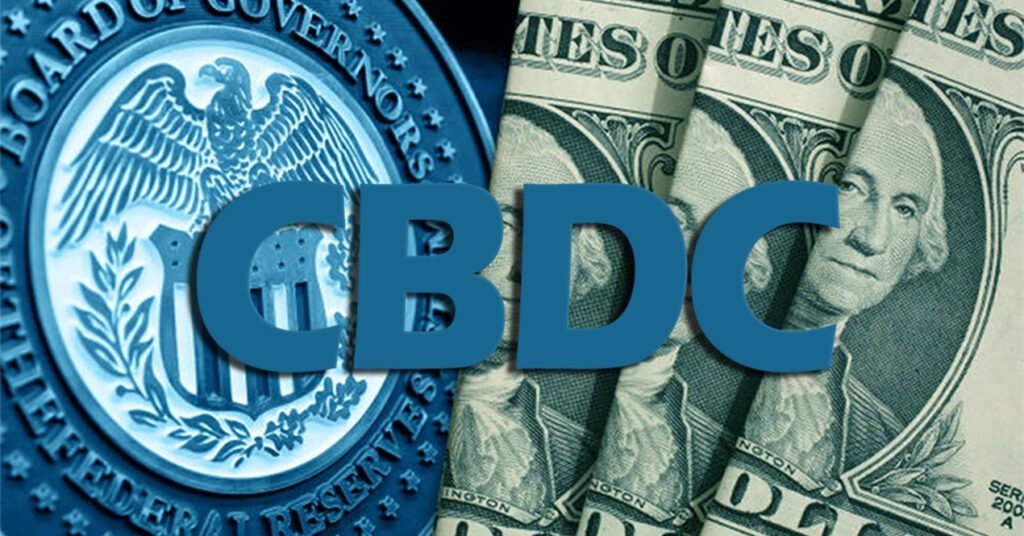On March 26, U.S. Senator Ted Cruz introduced legislation aimed at preventing the Federal Reserve from creating a central bank digital currency (CBDC). Known as the “Anti-CBDC Surveillance State Act,” the bill seeks to block the Fed from offering services directly to individual Americans—an essential aspect of any CBDC.
Cruz’s bill serves as a counterpart to legislation proposed by Representative Tom Emmer, a Republican from Minnesota, who reintroduced his anti-CBDC bill on March 6. Companion bills are pieces of legislation introduced in both the House and Senate with similar or identical wording.
Both proposals clarify that the ban does not apply to dollar-based currencies that are open, permissionless, and private, maintaining the same level of privacy as physical cash and coins in the U.S.
Since 2020, the Federal Reserve has been researching the potential for a digital U.S. dollar. The CBDC Tracker indicates that multiple research projects are currently in progress within different Federal Reserve branches.
Cruz has been a strong opponent of CBDCs since at least 2022, when he first introduced a bill to prevent the Fed from launching a retail CBDC. He has continued to push similar measures, introducing legislation in both 2023 and 2024 to halt efforts by then-President Joe Biden’s administration to implement a CBDC.
Representative Emmer has also voiced strong opposition, stating in a congressional hearing that “CBDC technology is fundamentally un-American” and warning that granting unelected officials control over such a system could undermine traditional financial freedoms.
Growing Concerns Over CBDCs
While proponents argue that CBDCs could improve financial efficiency, critics caution that direct issuance to citizens could lead to government overreach and privacy violations.
Despite these concerns, several countries continue to explore digital currency options. In Europe, lawmakers are pushing for a digital euro, even as consumer interest remains low. Israel has unveiled early designs for a digital shekel, and Iran is reportedly moving forward with plans for its own CBDC.
In contrast, the U.S. has faced significant resistance to the idea. Former President Donald Trump has pledged to block any attempt to introduce a CBDC, and Federal Reserve Chair Jerome Powell has assured that no such currency will be issued while he is in charge.
While CBDCs could modernize financial systems, they also present risks by concentrating monetary control within central banks.
For more news, find me on Twitter Giannis Andreou and subscribe to My channels Youtube and Rumble
What is your opinion on this particular topic? Leave us your comment below! We are always interested in your opinion!









